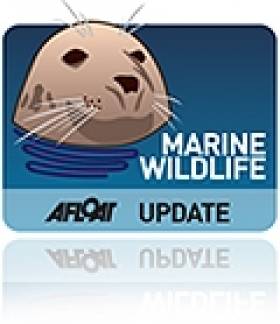Displaying items by tag: Marine Nature Reserve
NI Faces Big Fine Over Horse Mussels
#MARINE WILDLIFE - Northern Ireland faces a whopping £8 million (€9.6 million) fine from the EU over its failure to protect horse mussels.
According to BBC News, "little has been done" to protect horse mussel reefs in Strangford Lough despite promises from two government departments as far back as six years ago.
Last year Afloat.ie reported on a study from Queen's University Belfast that revealed the extent of damage to horse mussel reefs in the lough by fishing activity.
Strangford Lough is officially protected as a Special Conservation Area and a Marine Nature Reserve, as well as an Area of Special Scientfic Interest, but as BBC News states, "in reality there has been little protection put in place".
Horse mussels are pivotal to the lough's ecosystem, as some 100 other species rely on the reefs formed by the mussels in the seabed for their habitat.
NI officials now have just a few months to persuade the European Commission that they are taking strong action to protect the species, otherwise they will be charged with breaking EU directives.
BBC News has more on the story HERE.
Protection Needed for Horse Mussels in Strangford Lough
A new study from Queen's University Belfast has revealed the extent of damage to horse mussel reefs in Strangford Lough, the Bray People reports.
The report highlighted a lack of action on the part of the NI government departments responsible for the lough, which is designated as a Special Conservation Area and a Marine Nature Reserve.
According to BBC News, previous studies in the late 1990s showed that many of the mussels were dead, and urged regulatory action to protect the remainer that did not come to pass until earlier this year, when two non-disturbance zones were declared to reduce pot fishing in the reef areas.
On top of the continued ban on mobile fishing gear, the new study recommends "total protection" in areas of the lough where fishing activity is affecting the recovery of horse mussel reefs, and notes that "signs of natural recovery might be expected within 20 years... provided there is no further disturbance".






























































